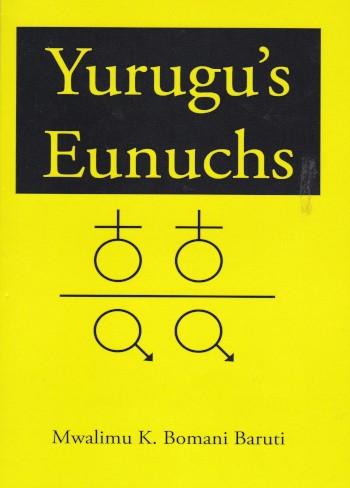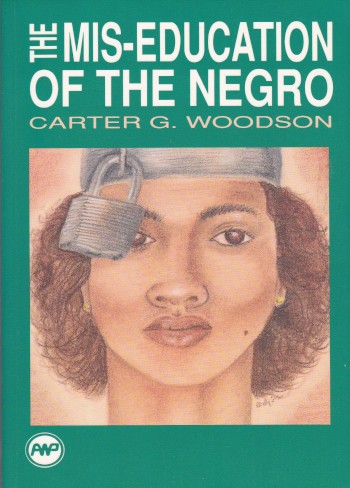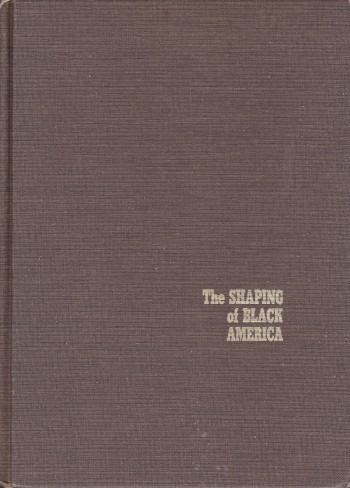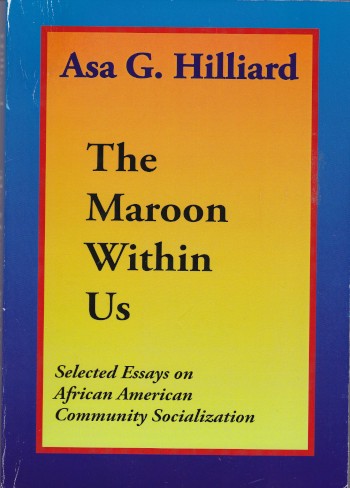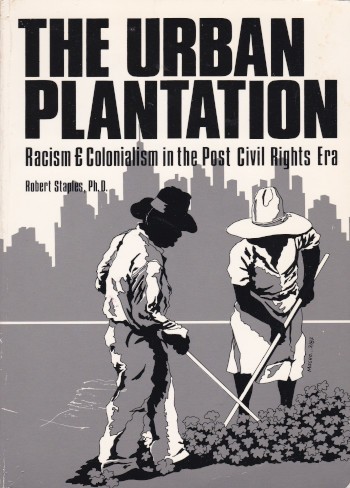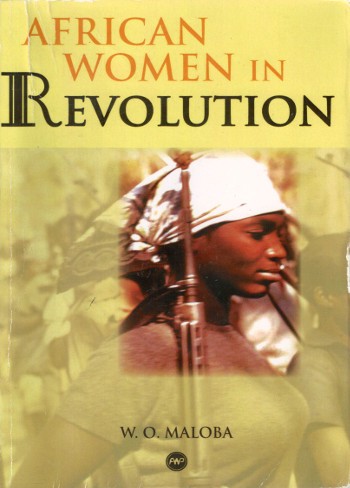
This book is an extensive analysis of the roles played by African women in seven revolutionary movements in post World War II Africa. The revolutionary movements covered in this book occurred in: Algeria, Kenya, Guinea-Bissau, Mozambique, Angola, Zimbabwe, and South Africa. How did these revolutionary movements define women’s liberation? What is the linkage between feminist theories of liberation and national liberation? Did the national liberation movements betray women? And what has been the fate of the original commitments (and impulses) toward women’s liberation?
At its center, this is a pioneering broad interpretive work. Drawing on the theoretical formulations and advances in economics and economic theory, political science, sociology, anthropology, education, history (of several countries), and feminist studies, this book is a significant contribution to the study of African women’s history and struggle in recent African history. By considering seven movements in one book, Maloba provides opportunities for both direct and indirect comparison. Also considered is the destructive impact of globalization on African women. It demonstrates that social questions, like the status of women in society, are best understood if they are studied in an interdisciplinary.



